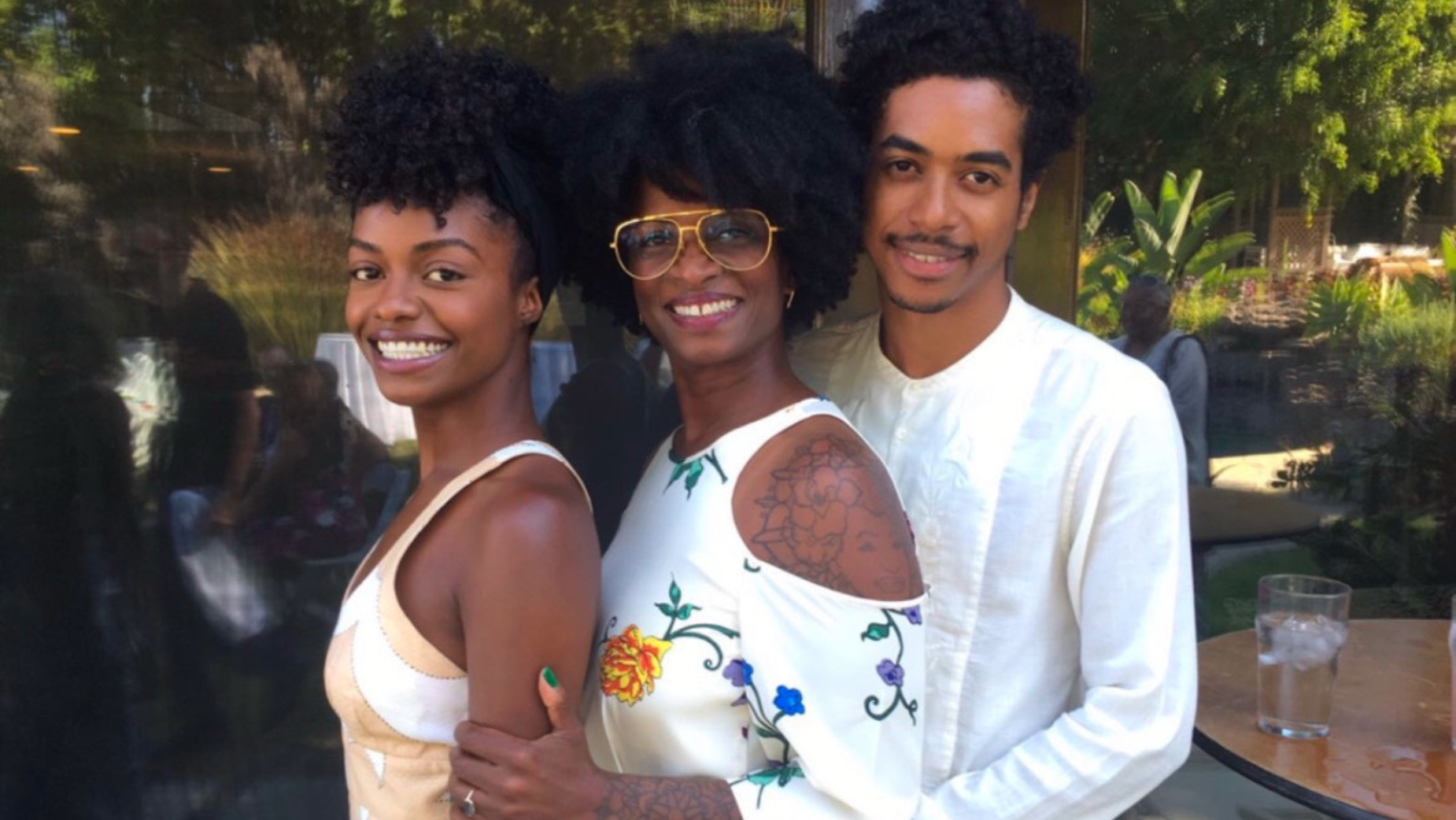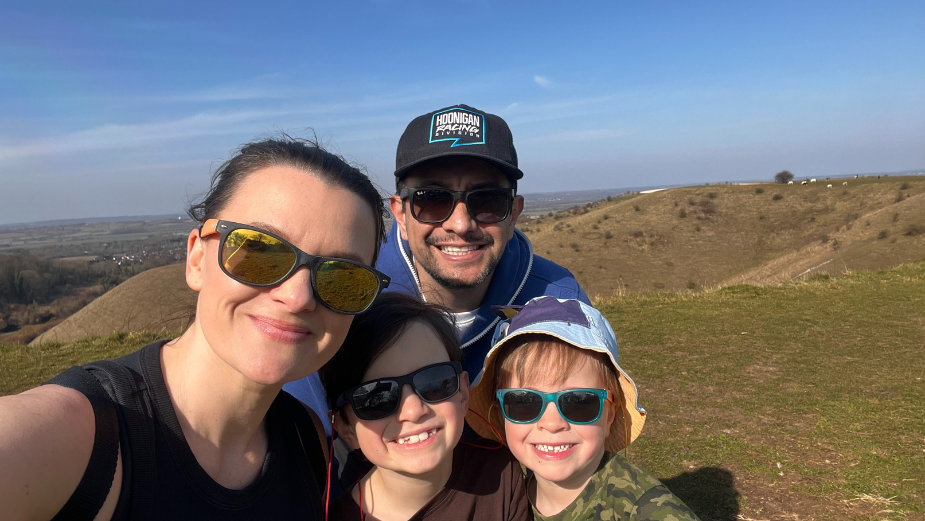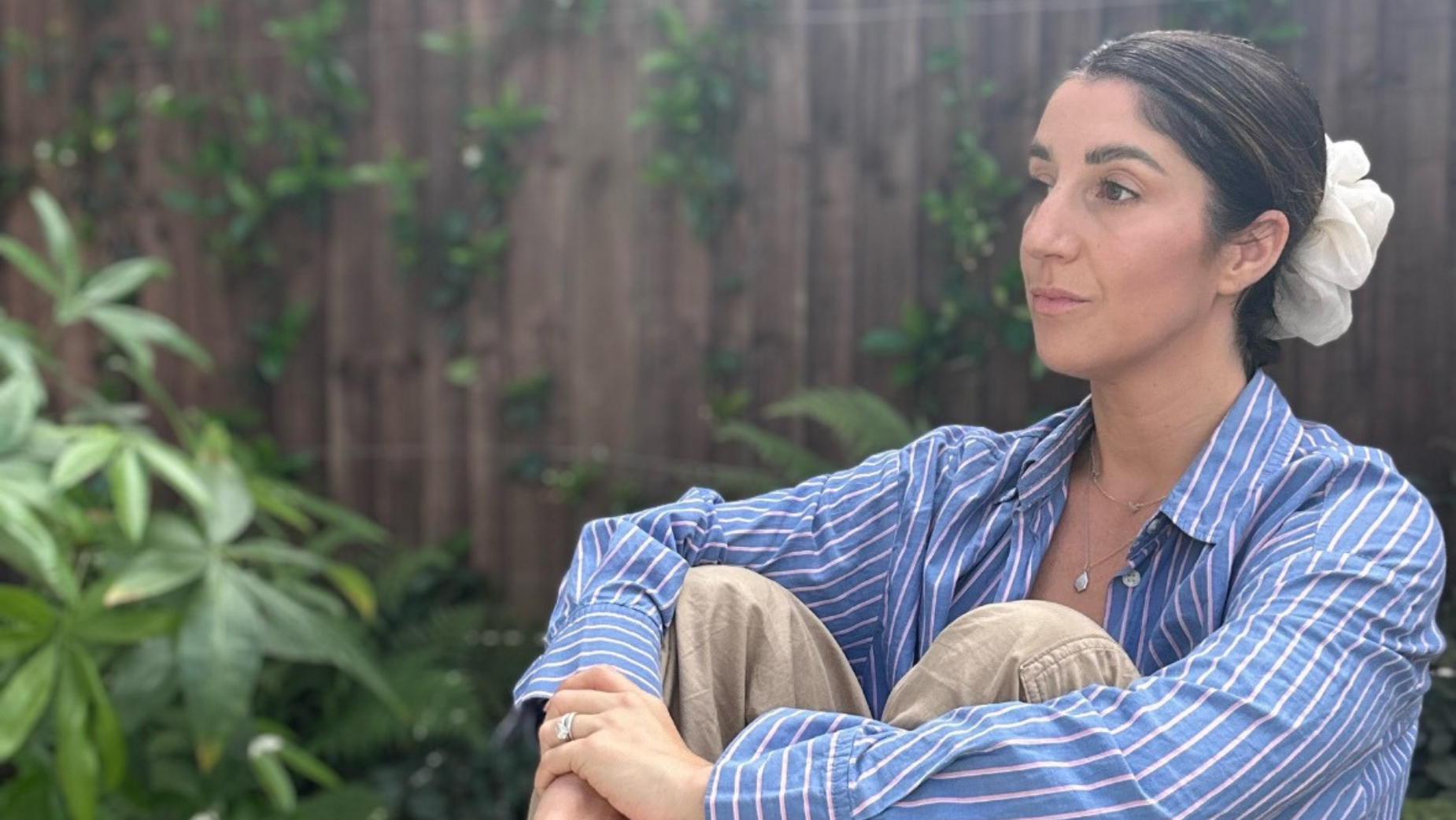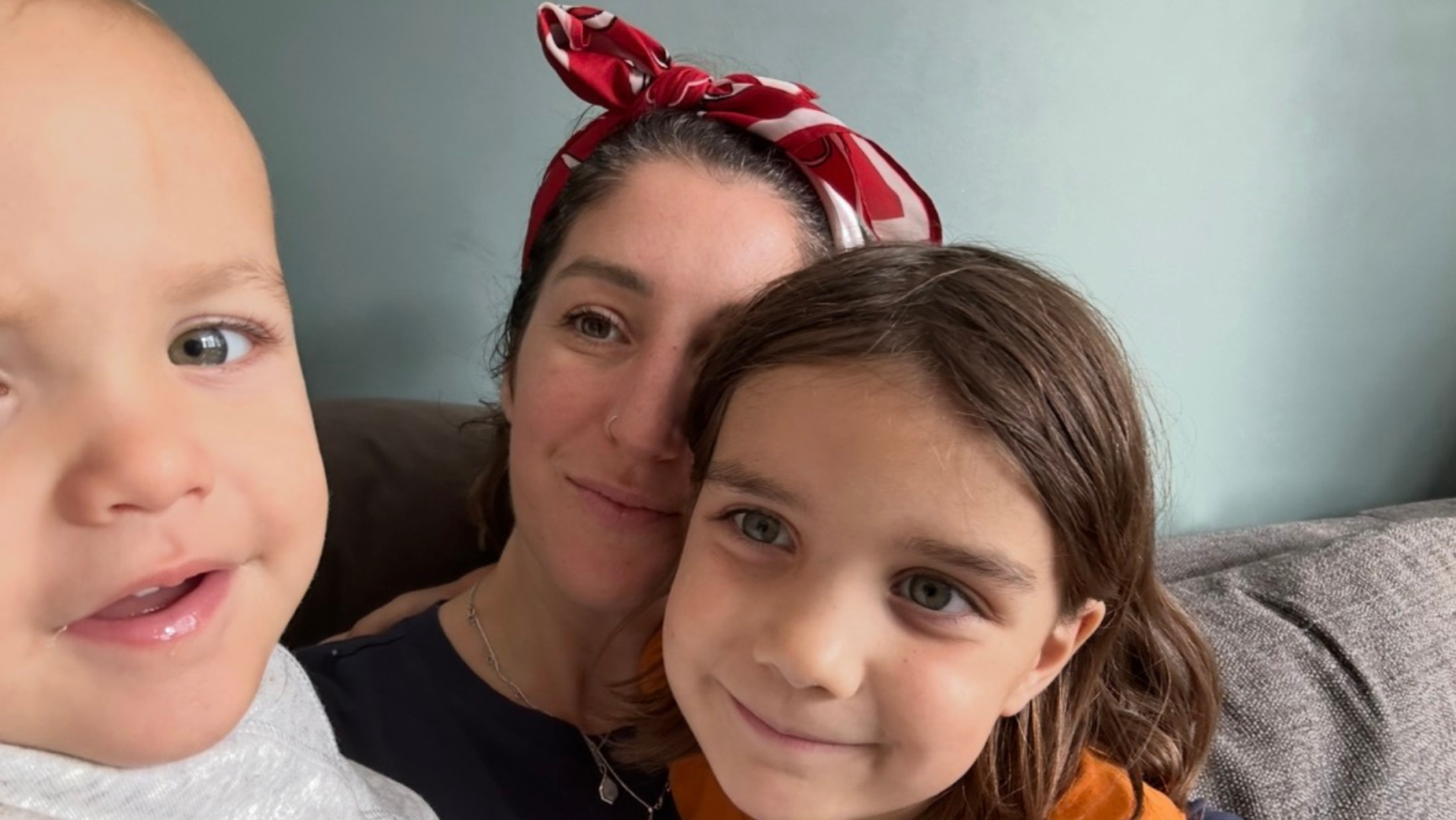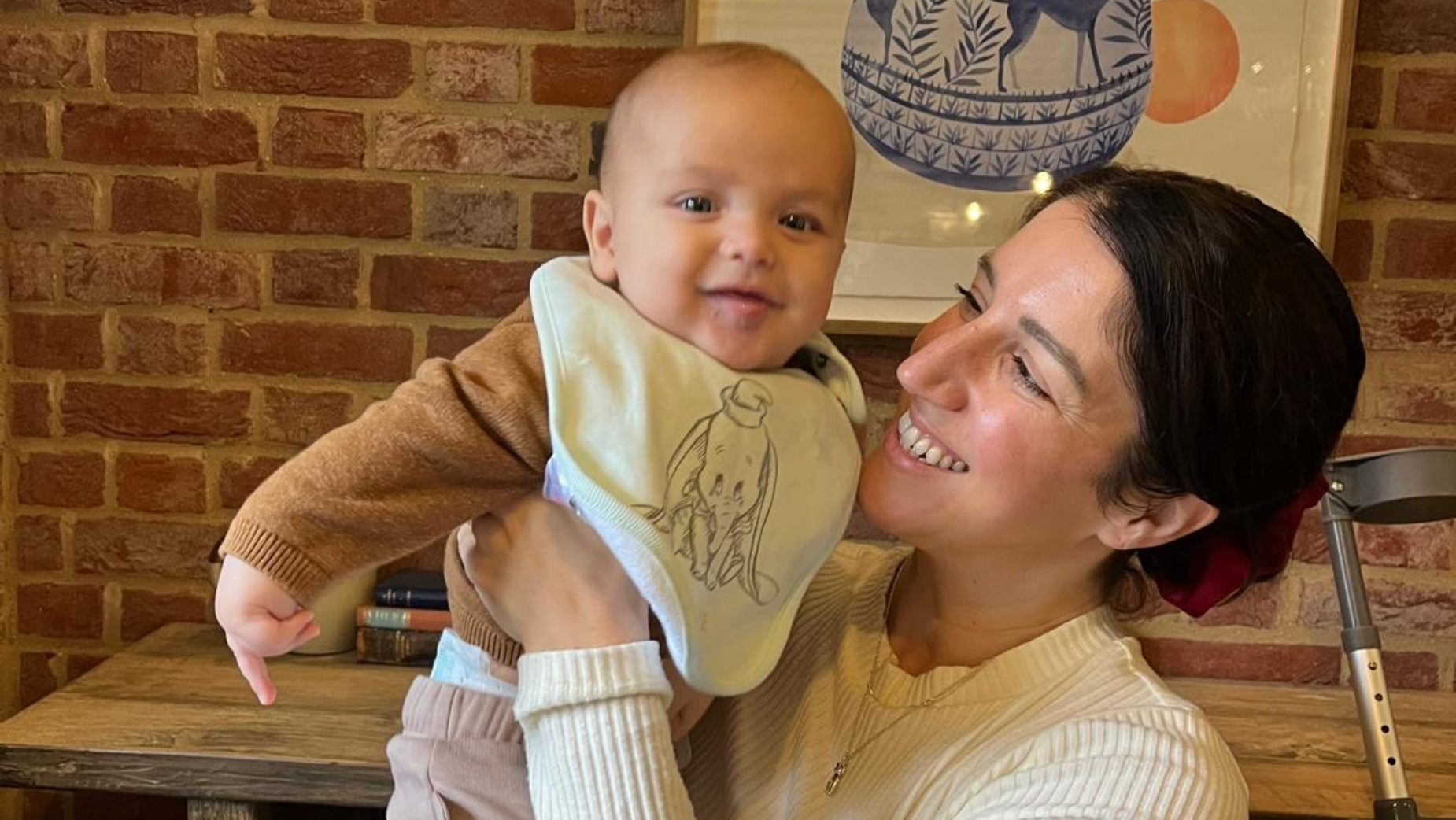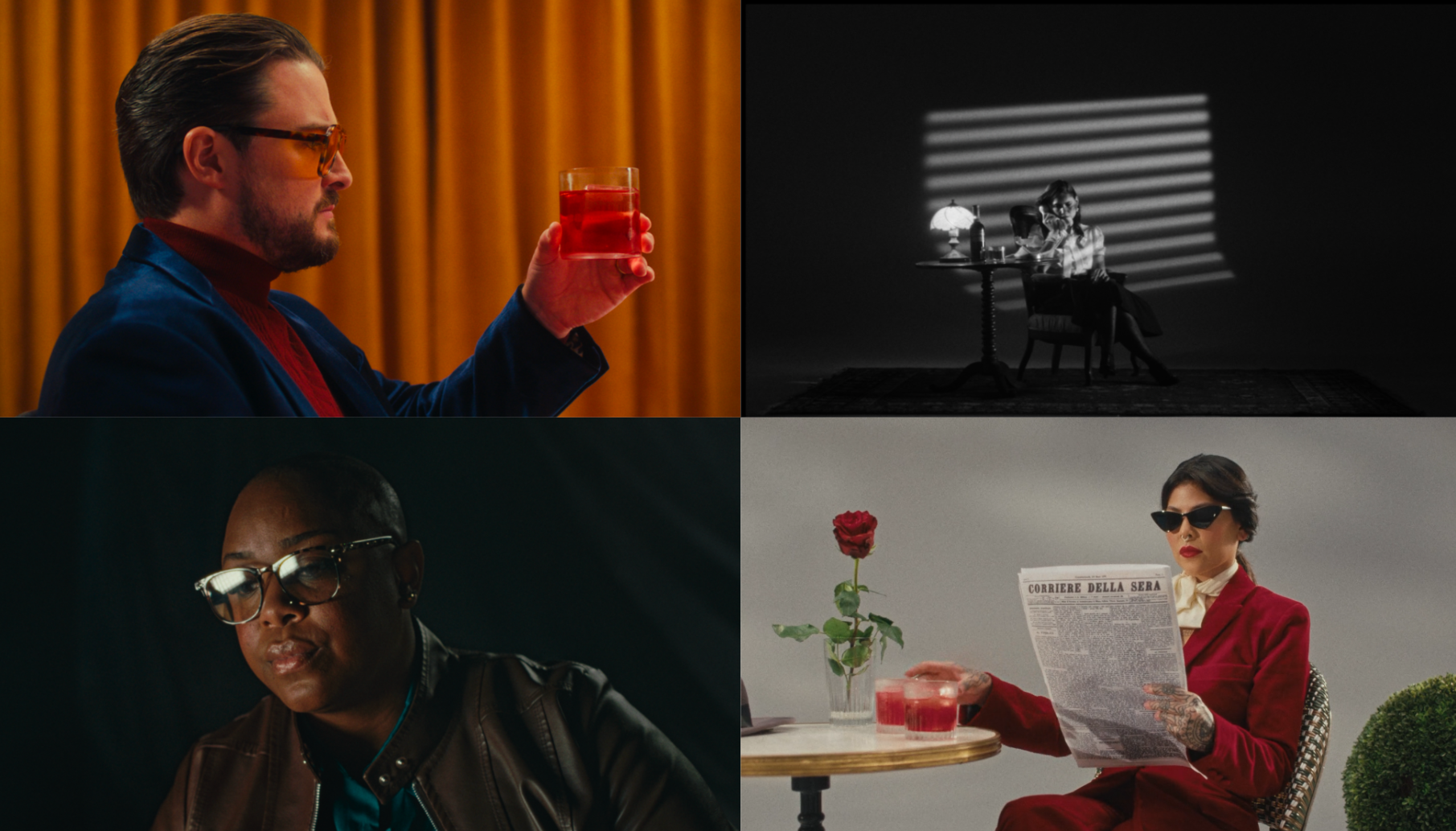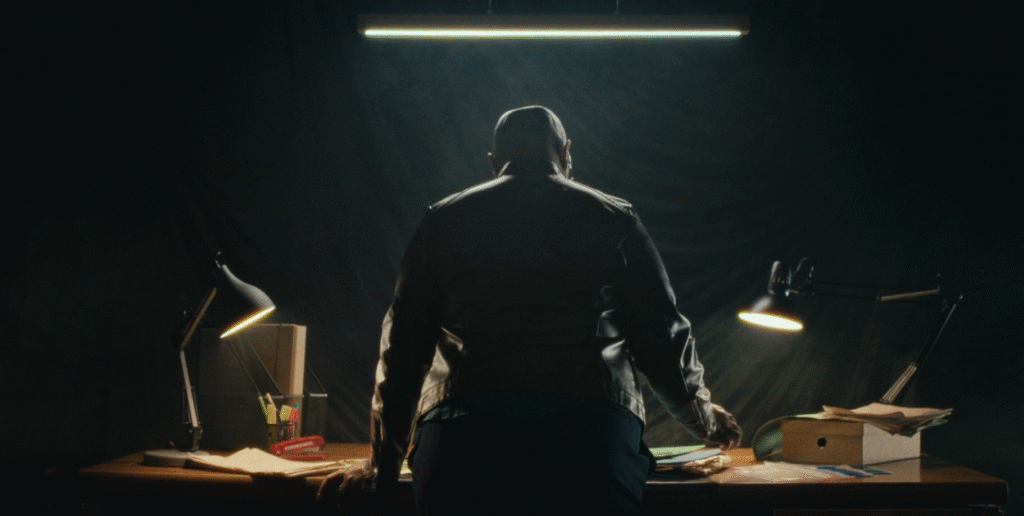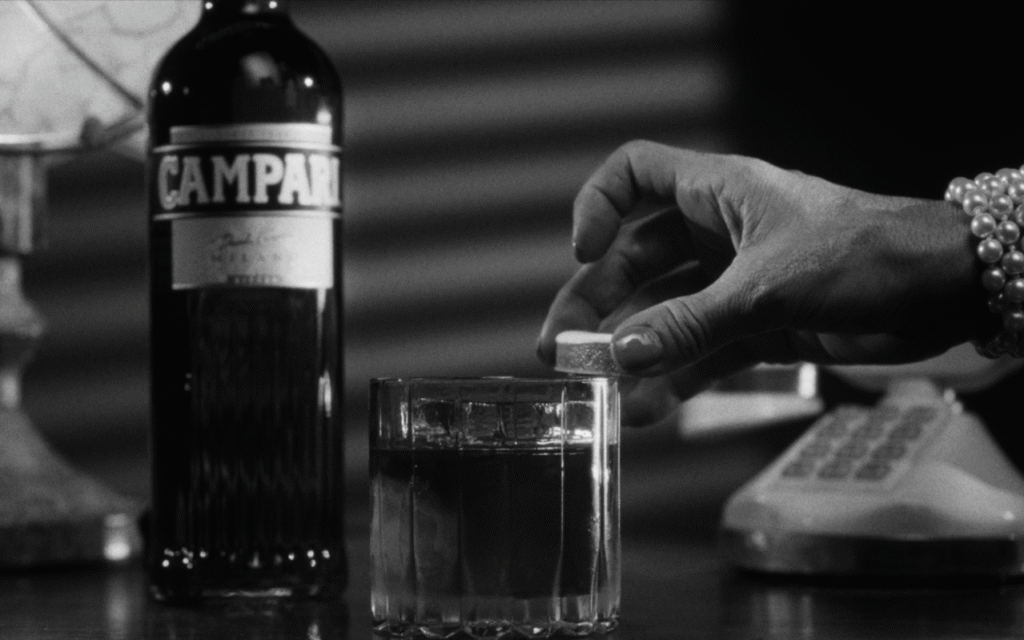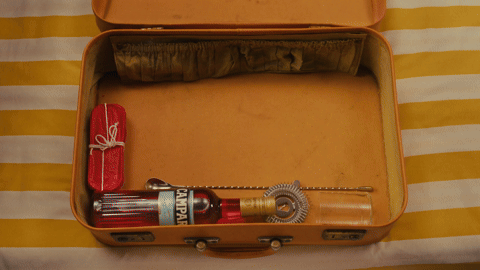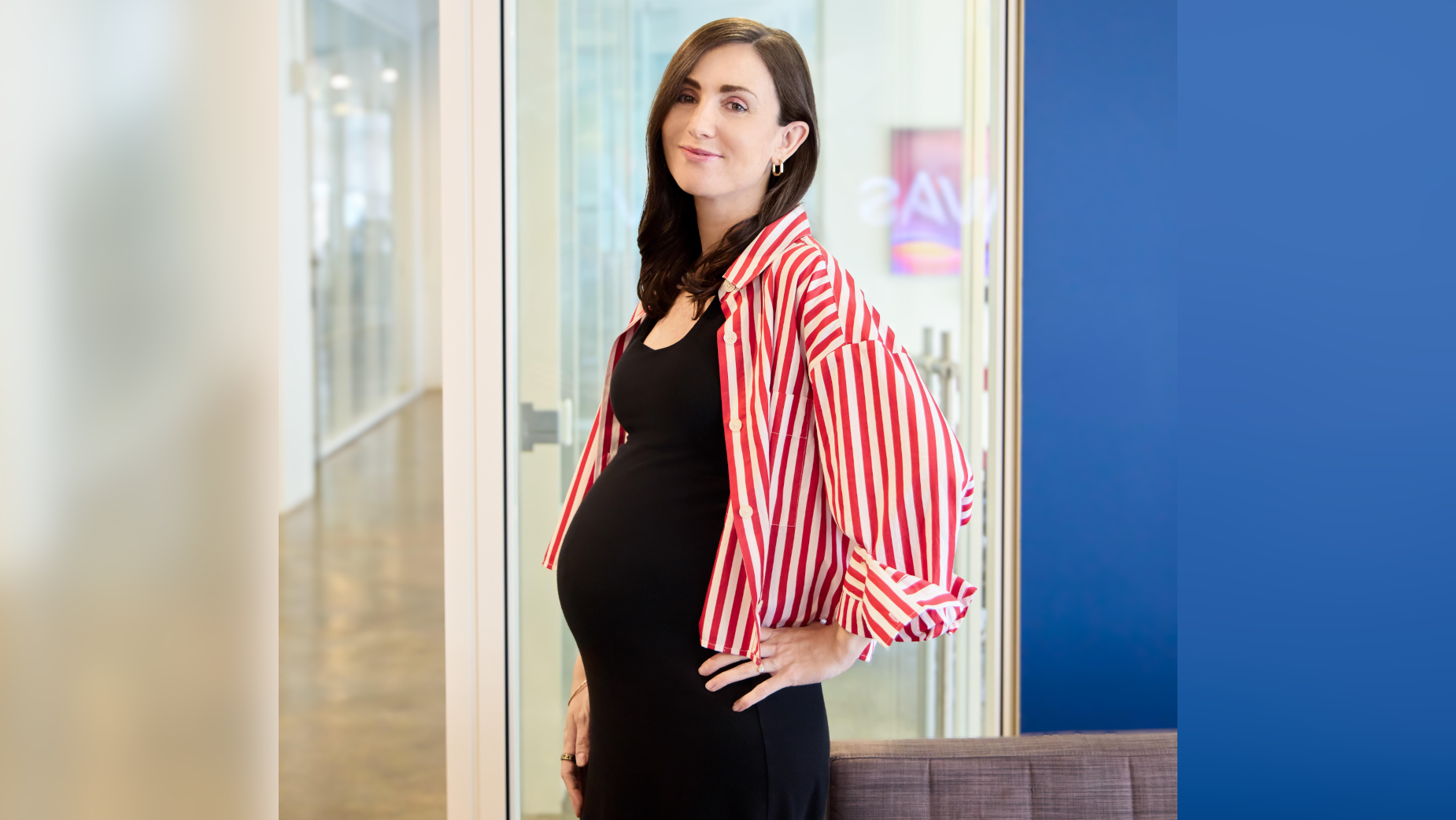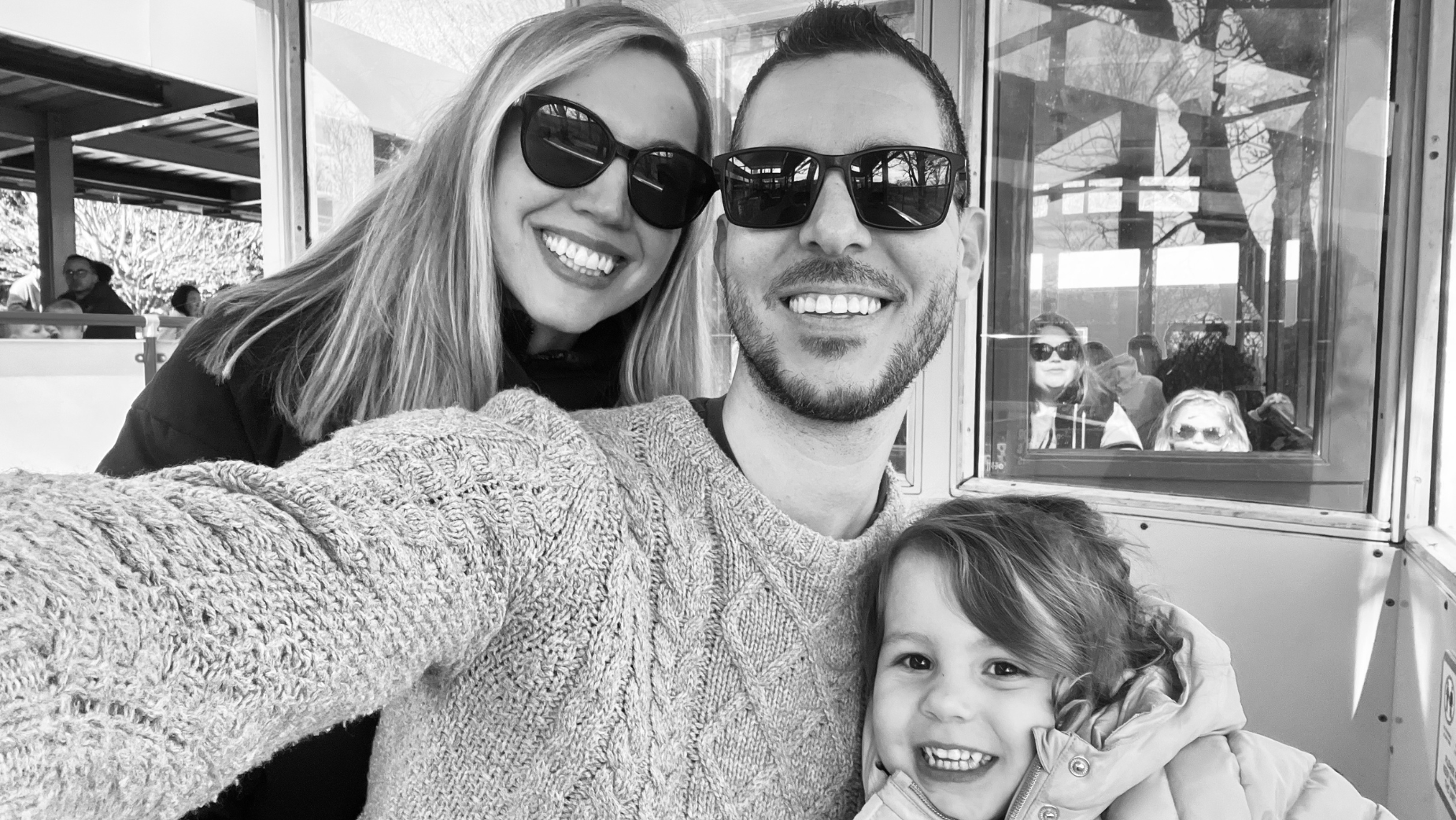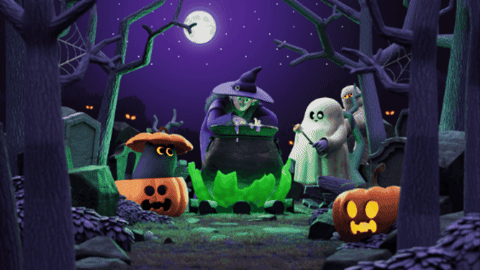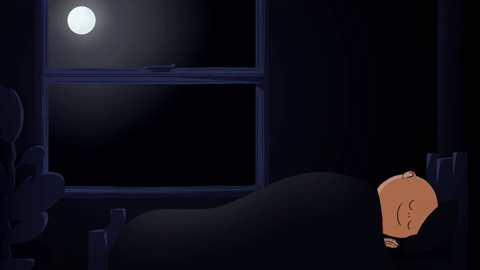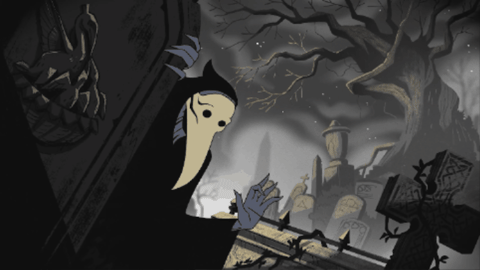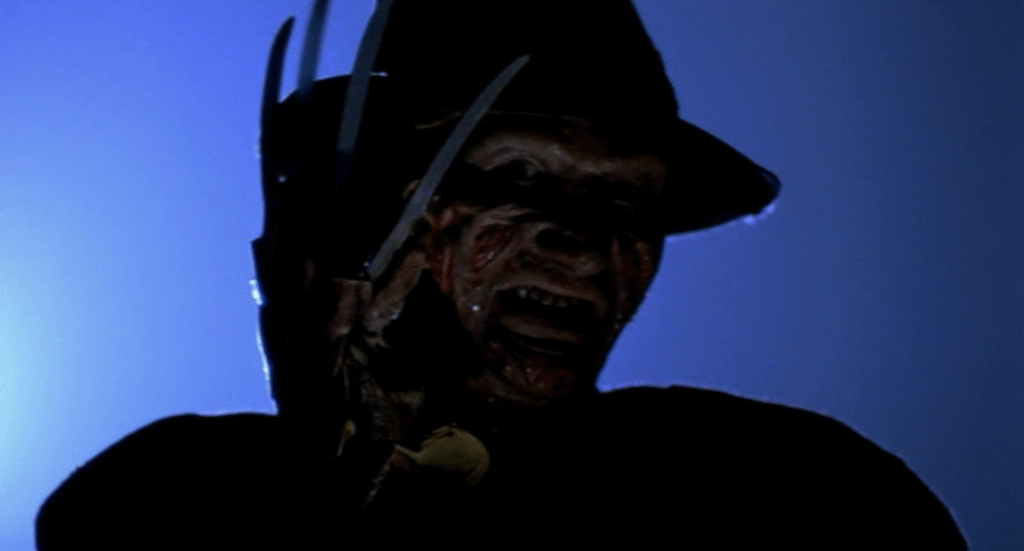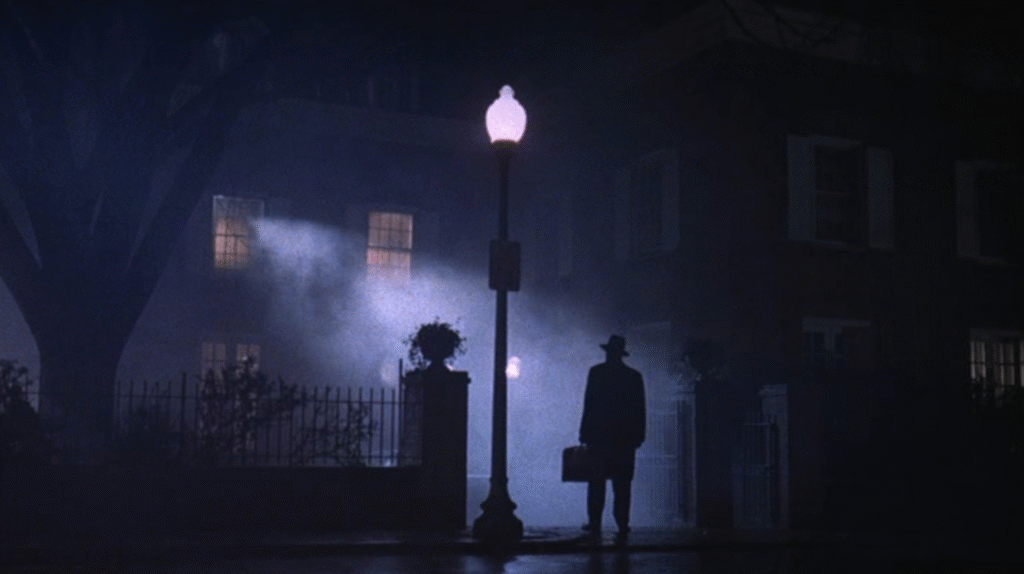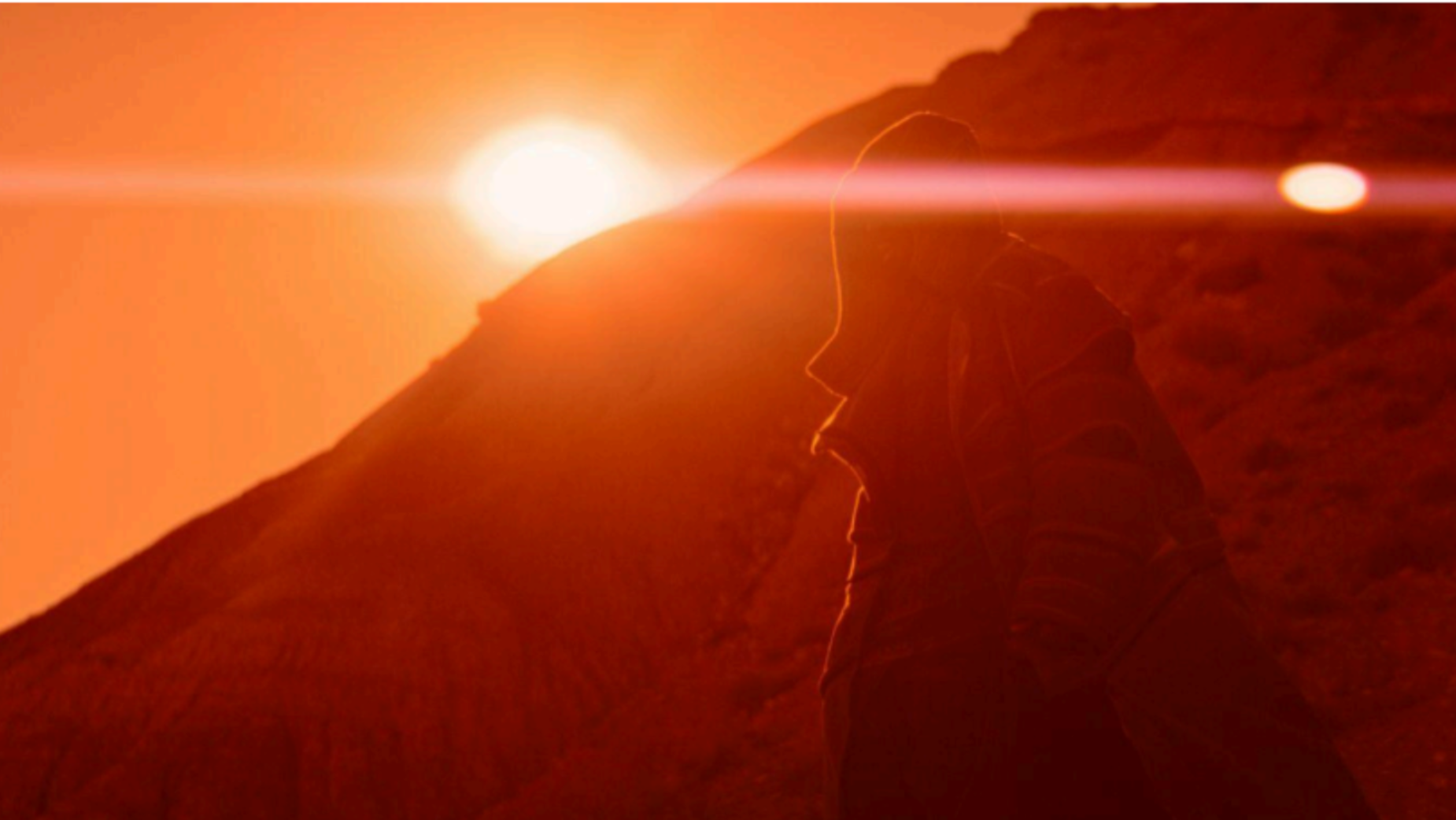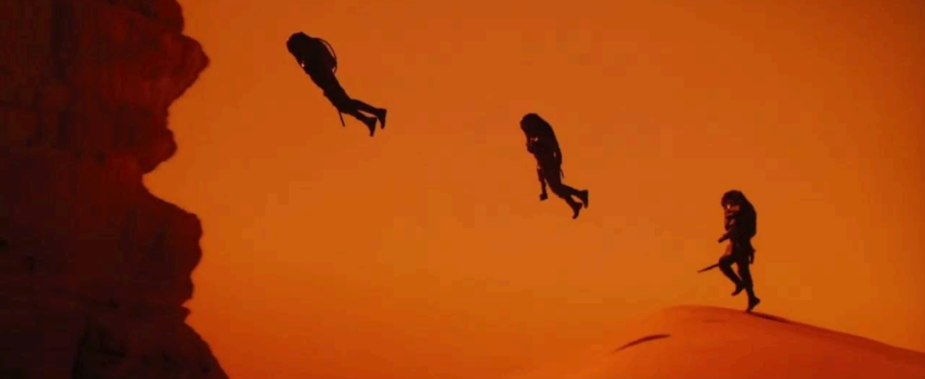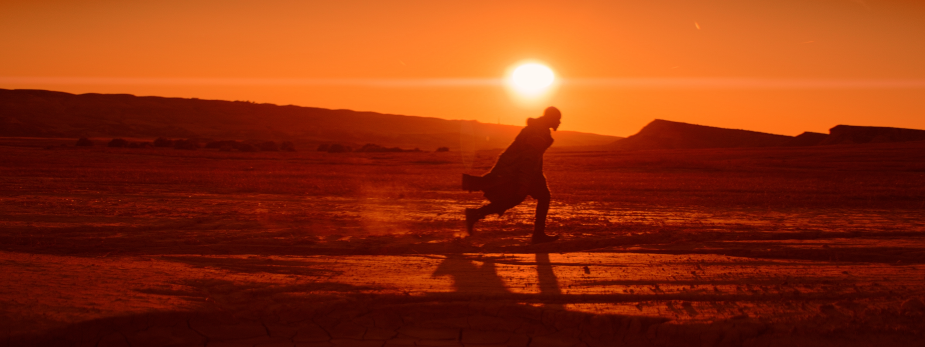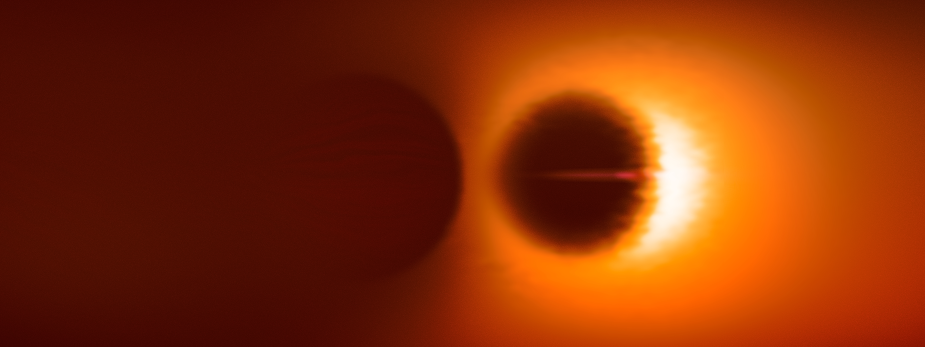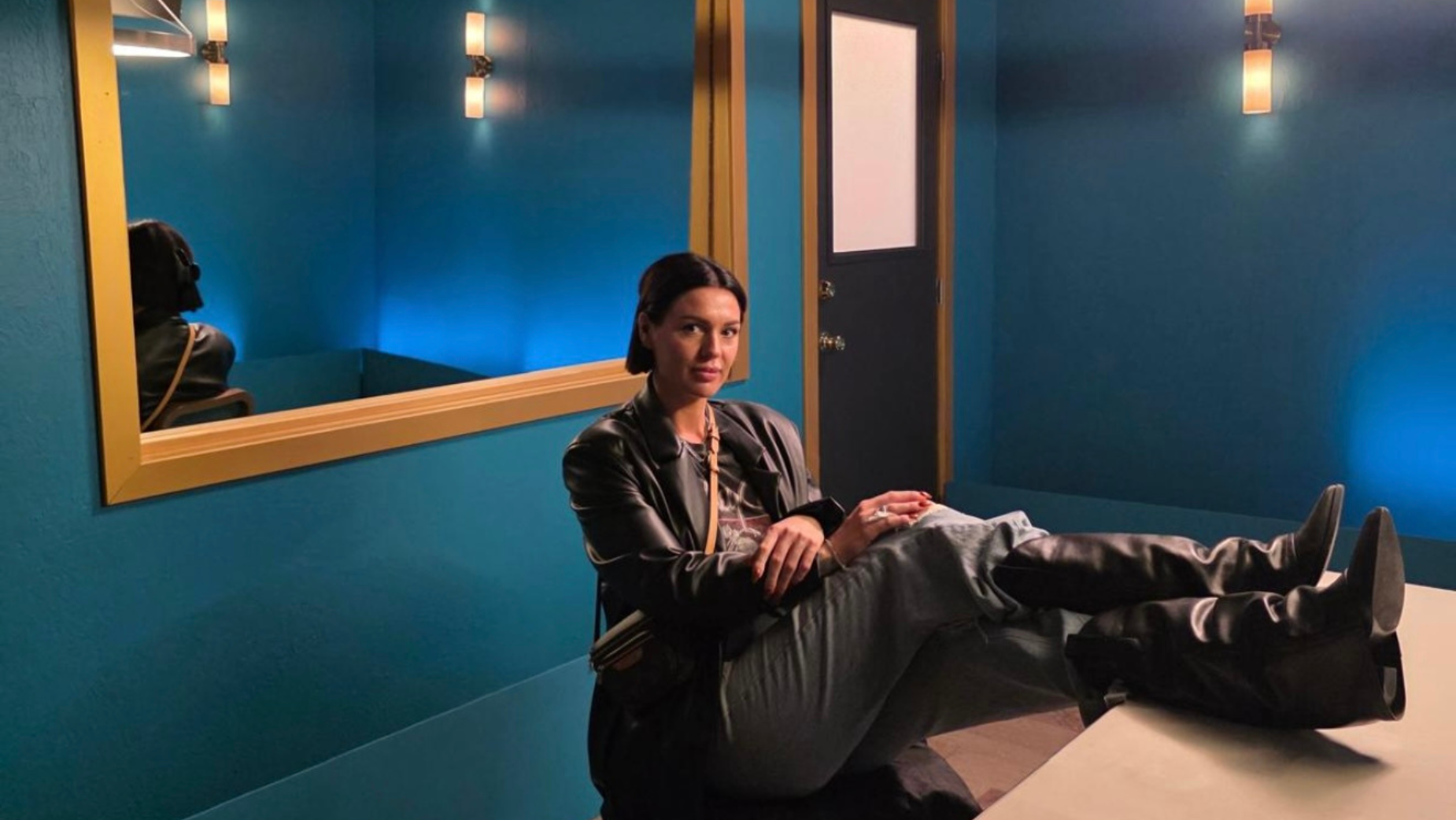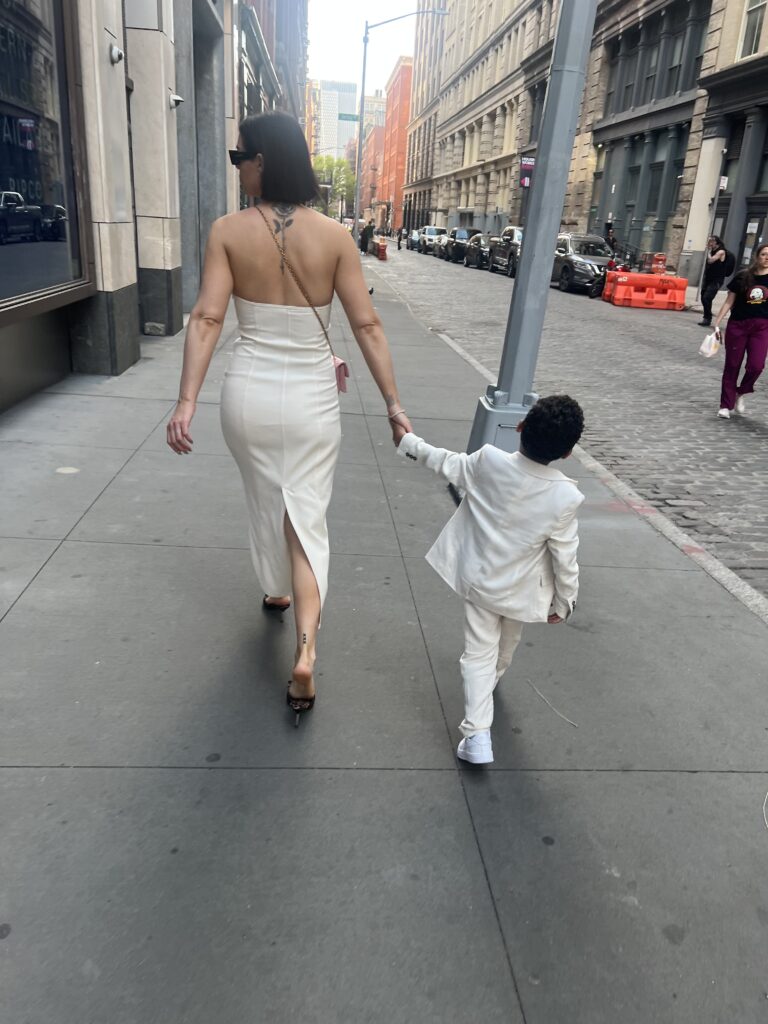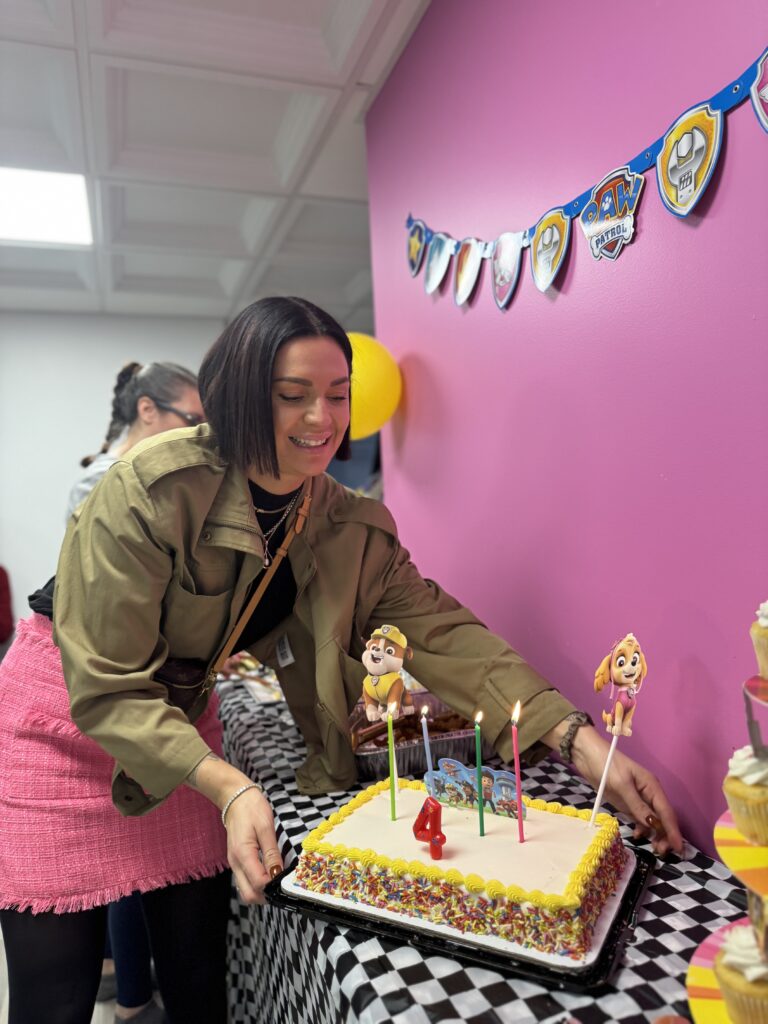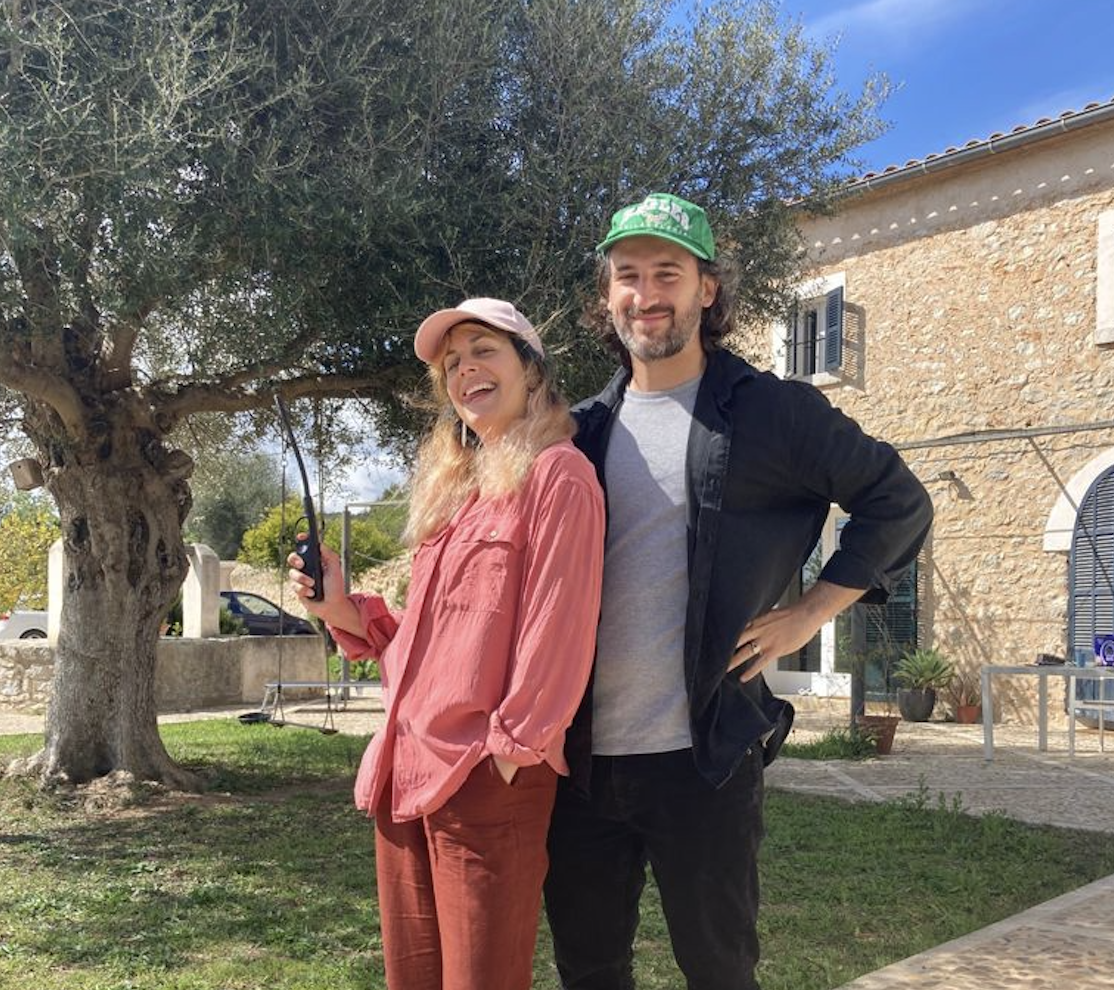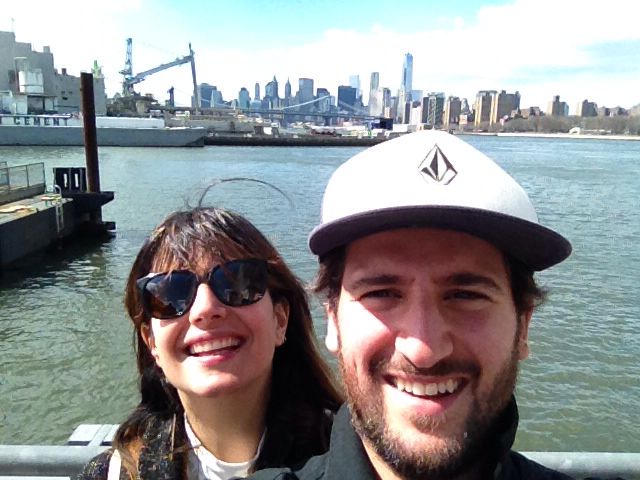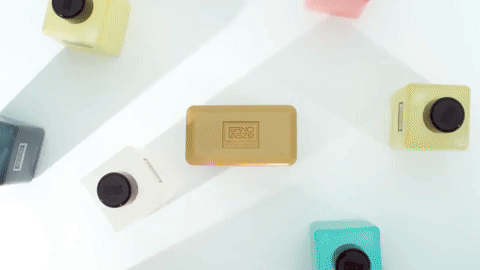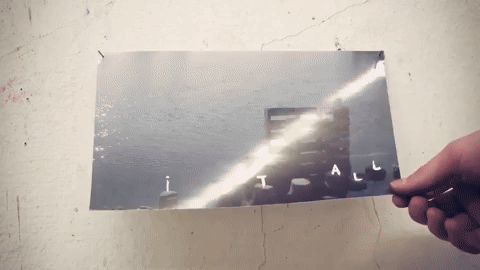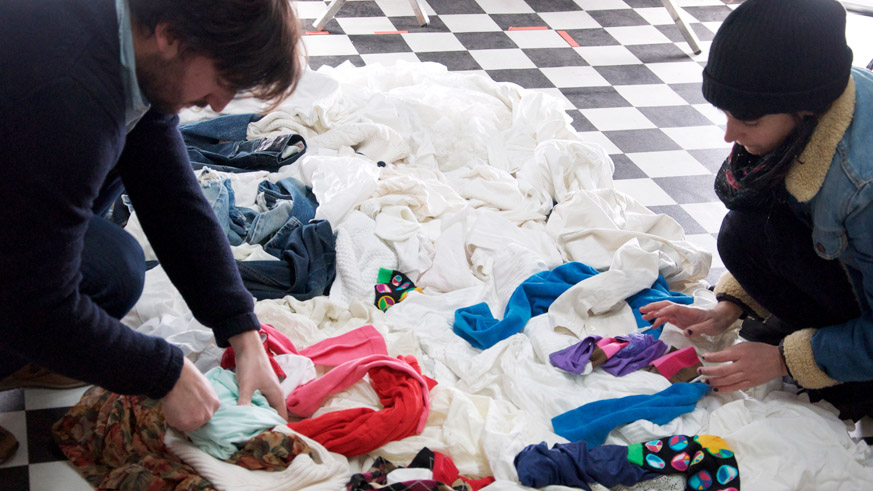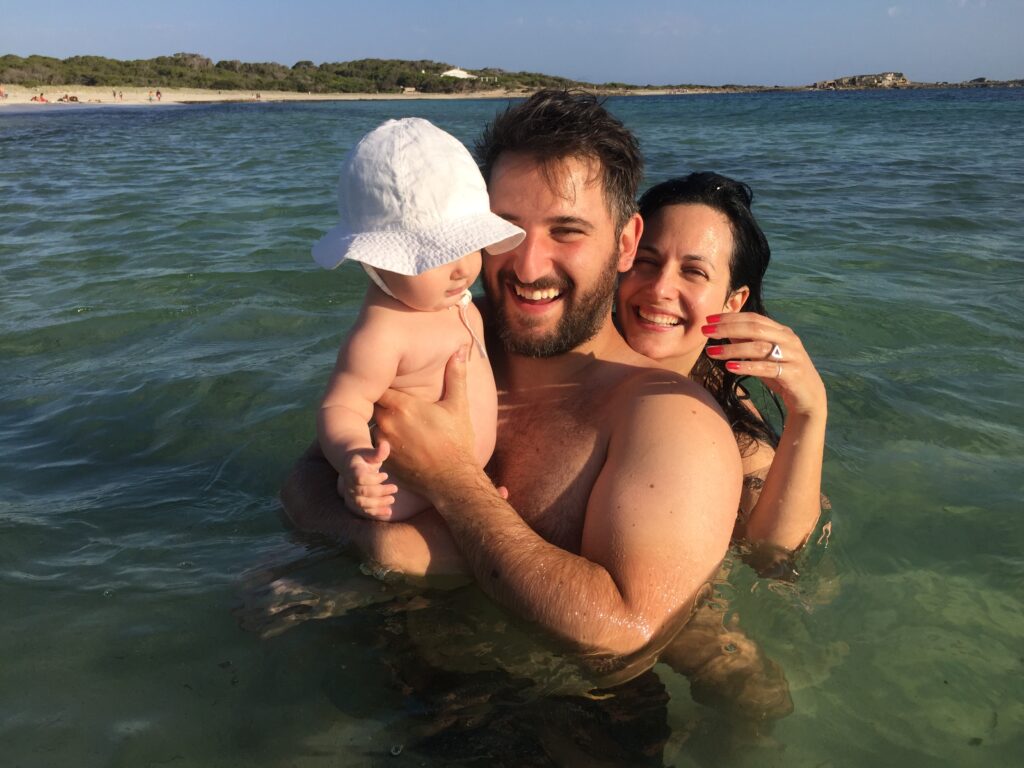Is there any truth to “kids ruin everything”? Barking Owl’s managing director tackles the common proverb by comparing it to her own lived experience of motherhood.
Motherhood in advertising has long been an unspoken challenge – a career-defining crossroads where ambition is too often questioned, and support systems fall short. And while the industry has made progress in acknowledging the realities of working parents, tangible change is still slow, leaving many mothers to navigate the journey alone.
This edition of Motherland in Adland – the series founded by NERD’s Milana Karaica in partnership with LBB – sees Carol Dunn, managing director at Barking Owl, discuss the ins and outs of parenting as an ambitious woman in entertainment and advertising. From taking meetings with Wu Tang Clan, child in tow, to tag teaming parenting duties with a nanny and her mother-in-law, Carol looks back on what motherhood looked like for her over the course of her career in adland.
“Kids ruin everything!” I say it all the time, you can quote me… But that statement proves to be both true and false in the same breath, on different days, for different reasons. And here’s why…
I’ve worked in entertainment my entire career. Starting out as the switchboard operator at Capitol Records with a four year old at home and a sprog in my belly. When my kids were small, I had little to no guilt. As they grew older, they began to become vocal about their pride in watching me leave for the office, or even a business trip. The ‘adventure’ of doing their homework in my office was not an adventure at all but actually very normal.
I am lucky that I had a mother-in-law who tag teamed with a part-time nanny. This meant the kids had a home cooked meal every week day of their childhood — even if not a single one of those meals was cooked by me. Nor was I ever sitting at the family dinner table.
In spite of that, my kids, now 33 and 37, just this week told me they would both love to be “doing what [I] do”. Yes, I have tried to talk them out of it…
If I had any advice for new mothers it’s that it is normal to want to be at work and not at home sometimes. It is okay. I was back at work (due to terrible American maternity leave policies!*) three months after my second was born.
But, when all is said and done, I was thrilled to go back to work. I was lucky to be able to pump and provide breast milk to my daughter. Even she, at just nine months, was ready to spread her lactose wings and walk away from me – yup, she walked at nine months. Both of my kids did.
I was never afraid of my kids loving their grandmother or the nanny for that matter (which I find to be the oddest fear) more than me. I believe the thought and guilt a lot of mothers feel comes from outside chatter. External sources – family members, friends, IG ‘Trad Wife/Mom’ types – insisting that what they are doing is the right way to do it. But there isn’t a ‘right way’, there is just your way. No one can criticise you for doing it your way.
After all, where does most criticism blossom from? Jealousy and self doubt.
I am not going to say I had it all, nor that my work life balance was balanced. But while my career was my first choice my kids were my first loves. I truly have no guilt for the choices I made.
My daughter’s first trip to Manhattan was because I had meetings with Wu Tang. My son’s first dance floor experience with me was with Sia. The kids’ first concert was N’Sync at The Rose Bowl — we left after 4 songs, too loud!
Those experiences were available to us because of my access. My access was possible because of my work ethic. My work ethic was dogmatic because of my dedication to providing a full life for my children, with me.
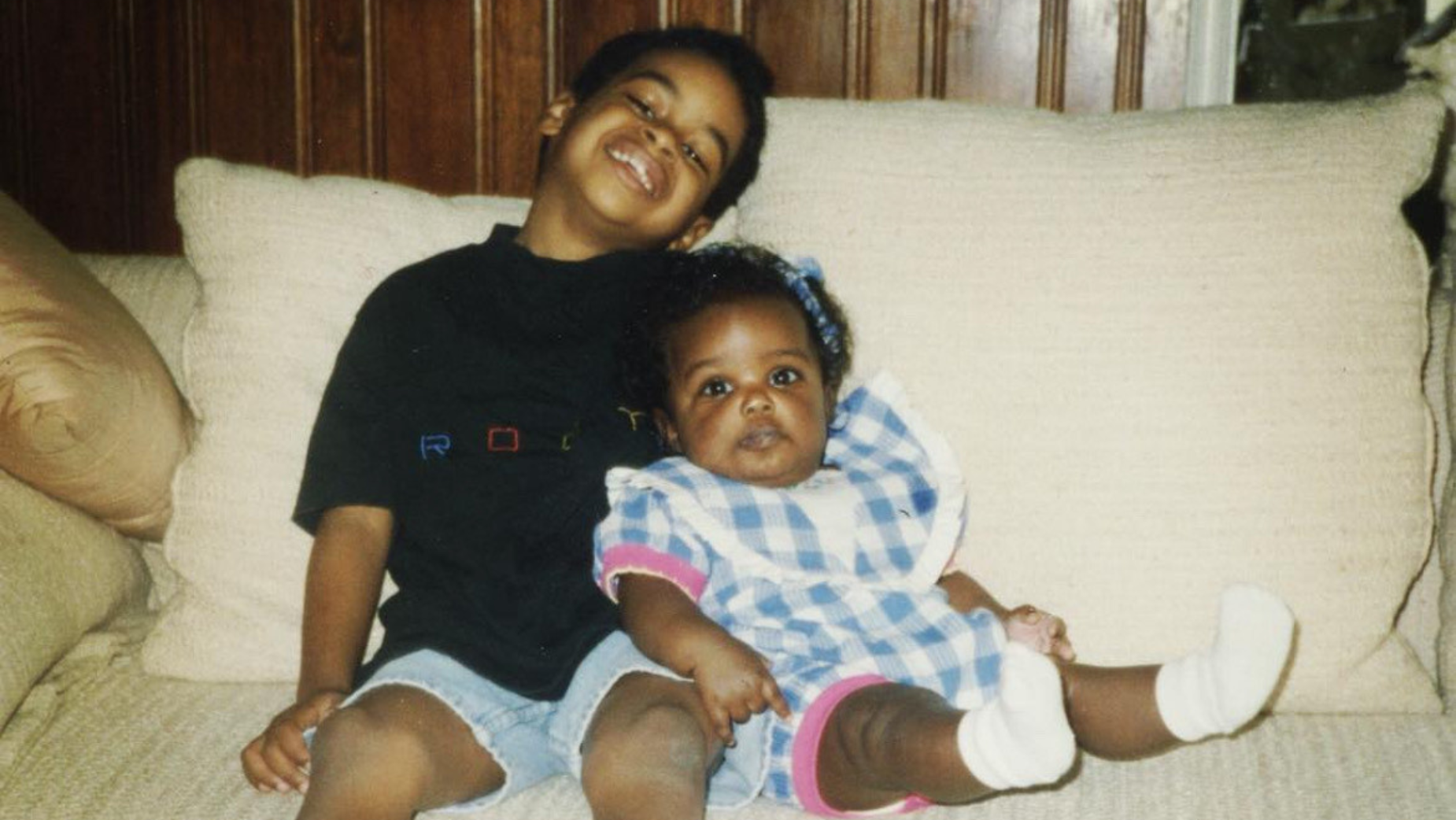
*Shout out to Bulgaria and Sweden: Bulgaria offers 410 days (approximately 58.6 weeks) of paid maternity leave at 90% of the mother’s salary, starting 45 days before the due date; and Sweden provides 480 days of shared parental leave, with 390 days paid at 80% of wages.
This leave is designed to be shared between parents, with 90 days reserved specifically for fathers…

